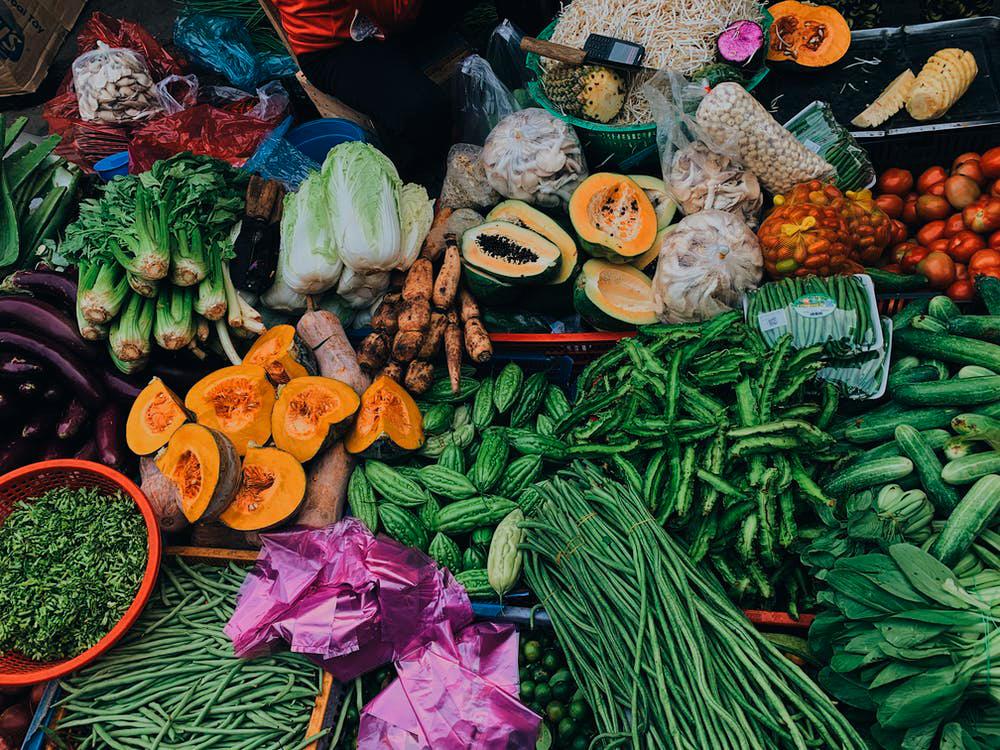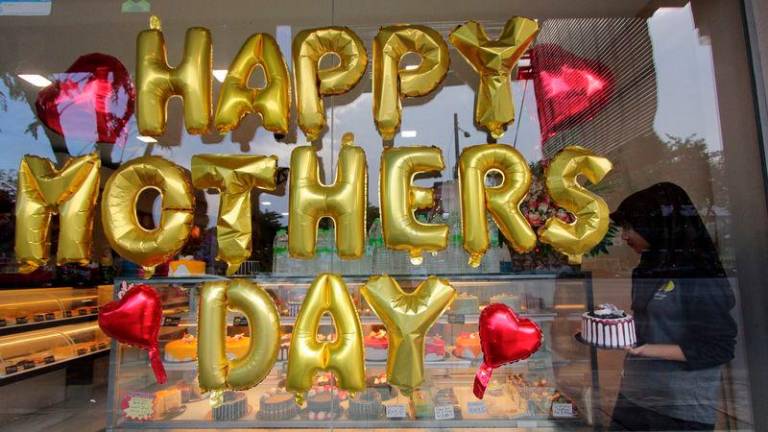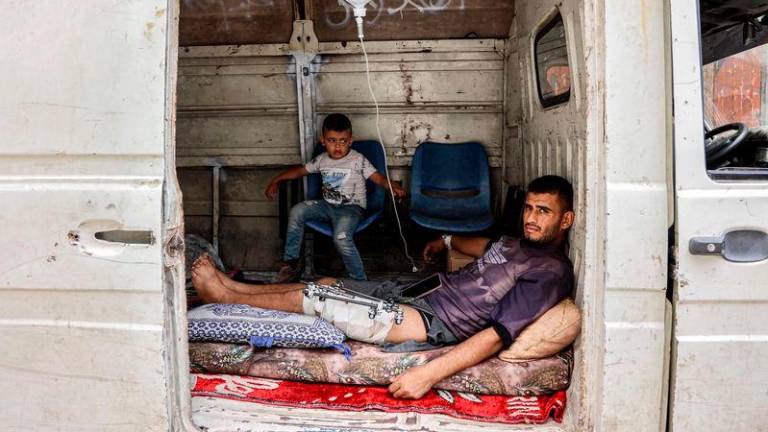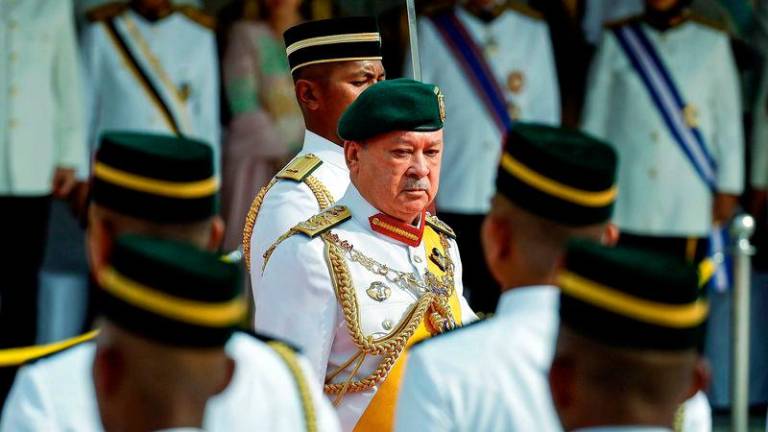KUALA LUMPUR: Malaysia cannot take lightly the ongoing conflict between Russia and Ukraine because there’s a possibility of events such as a food crisis happening to the country if no holistic action is taken by the government.
Universiti Kebangsaan Malaysia (UKM) Professor of Finance and Economist - Graduate School of Business (GSB), Prof Tan Sri Noor Azlan Ghazali said a country that wants to achieve a sophisticated era is unwise to take the easy step of moving to the manufacturing sector as the main economic field from the agricultural sector.
“For agriculture, with the Fourth Industrial Revolution (4IR), there is advanced technology such as sensing technology and so on.
“Malaysia needs to look at this dimension. I admit there is a concern because although Russia and Ukraine do not have direct close trade ties with Malaysia, they have a direct impact on our goods and food chain,” he said as a panelist in the UKM-GSB Alumni Discussion Series entitled Russia-Ukraine Conflict: Impact on the Malaysian Economy which was also broadcast online today.
Presently, although the country’s export destinations are mostly concentrated around the Asian continent, but due to the country’s relatively small size, Malaysia is highly dependent on global developments as the need for the country’s products will decrease with demand.
As an export-dependent economy, Malaysia would experience difficulties in the event there were economic restrictions on certain countries as it would be difficult to pass through the borders of countries facing restrictions for exports and imports, he said.
This also gives a bad economic impact on Malaysia even though in terms of investment, it is not very large in continental Europe.
“As a result, the demand for the country’s exports will decline and the next effect can also be seen in the price increase in commodities such as oil and inflation where the food index prices are also rising.
“Besides that, we are still combating Covid-19 and facing environmental problems such as floods in the Klang Valley which contributes about 40 per cent of the country’s revenue. This is not easy as experienced by Malaysia in the previous crises (1998/99 and 2008/2009) which were more focused on financial issues,” he said.
Thus, making the statement “recovery without reform is a waste”, Noor Azlan advocated that all parties do not underestimate the global situation, make initial preparations and take action to change the structure quickly that can make Malaysia “self-sustaining” in terms of food security and health safety.
For example, although the country is able to produce its own livestock and produce, the increase in fertiliser (which unfortunately is not a Malaysian product) prices that soared by 100-200 per cent as well as the shortage of manpower will certainly put pressure on the price of raw food products, let alone processed ones.
“This is not a new thing being discussed. It has been on the forefront since 2005.
“I hope we can change with data integrity and a more comprehensive understanding of how we need to spend resources towards more sustainability. We need to make early preparations to face any eventuality for the survival of the rakyat,” he added.-Bernama










